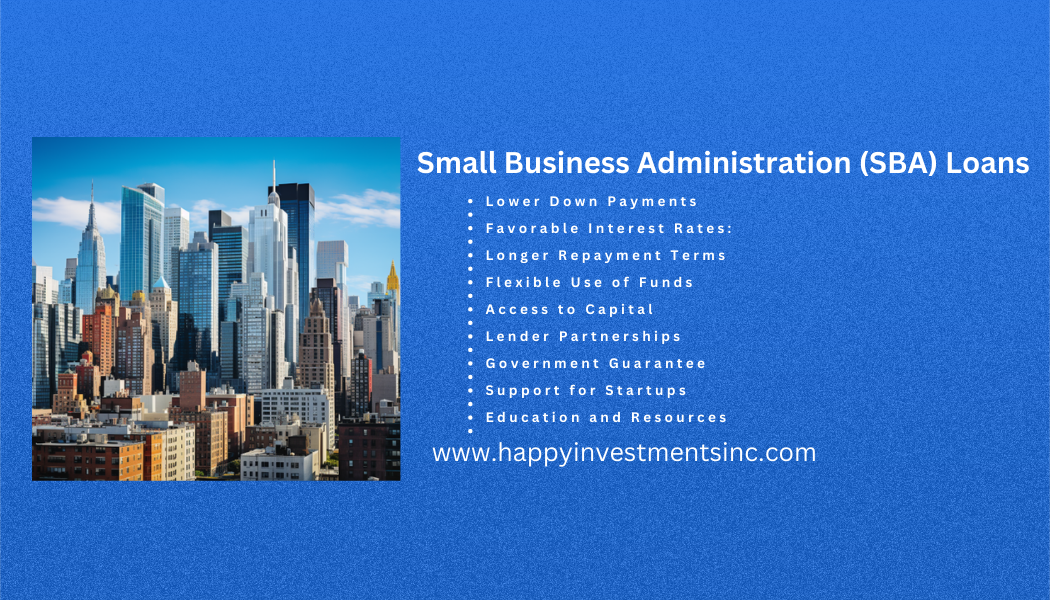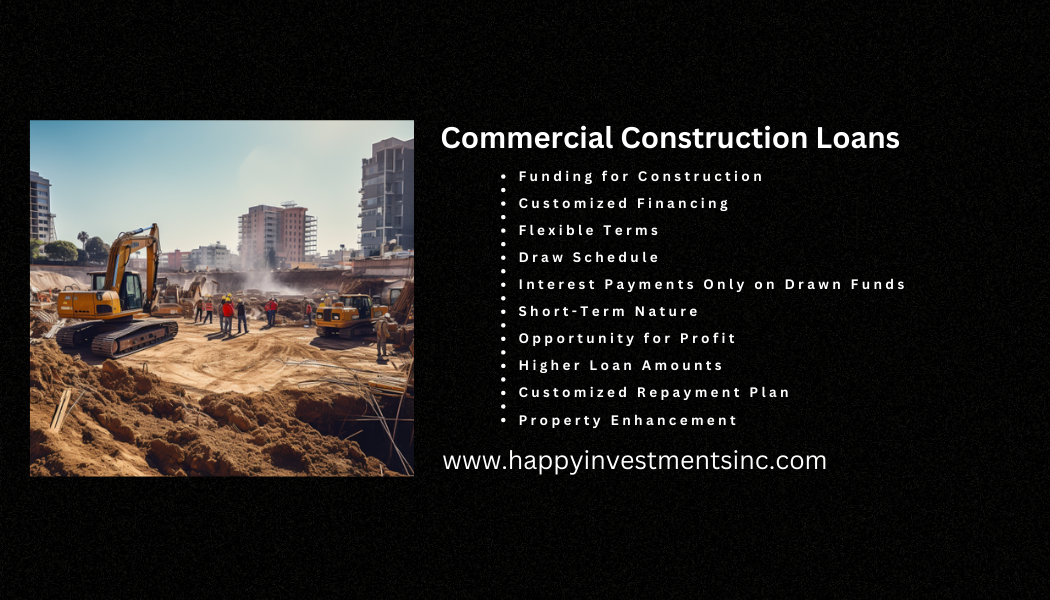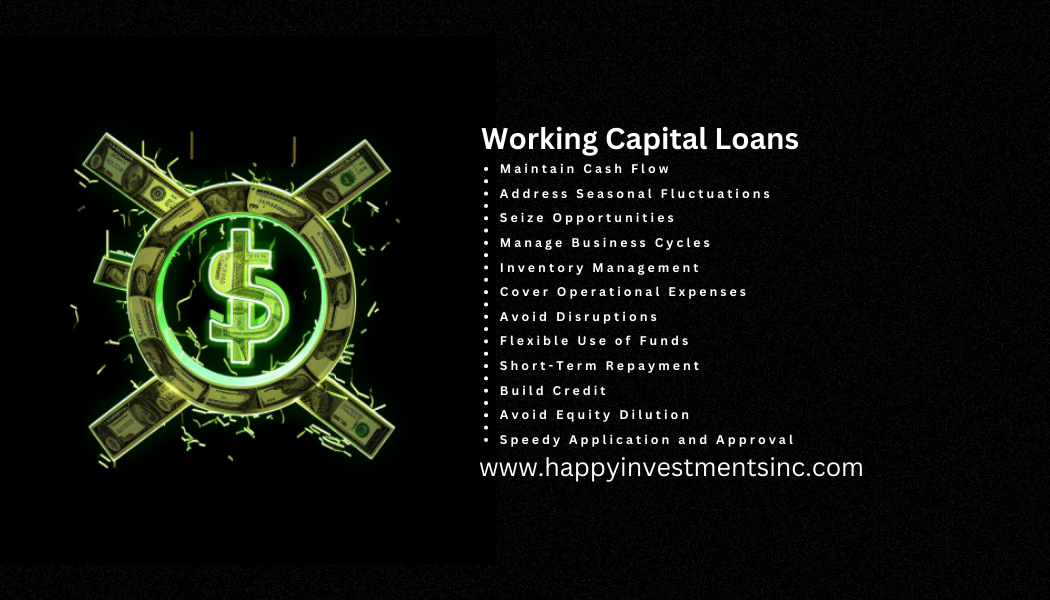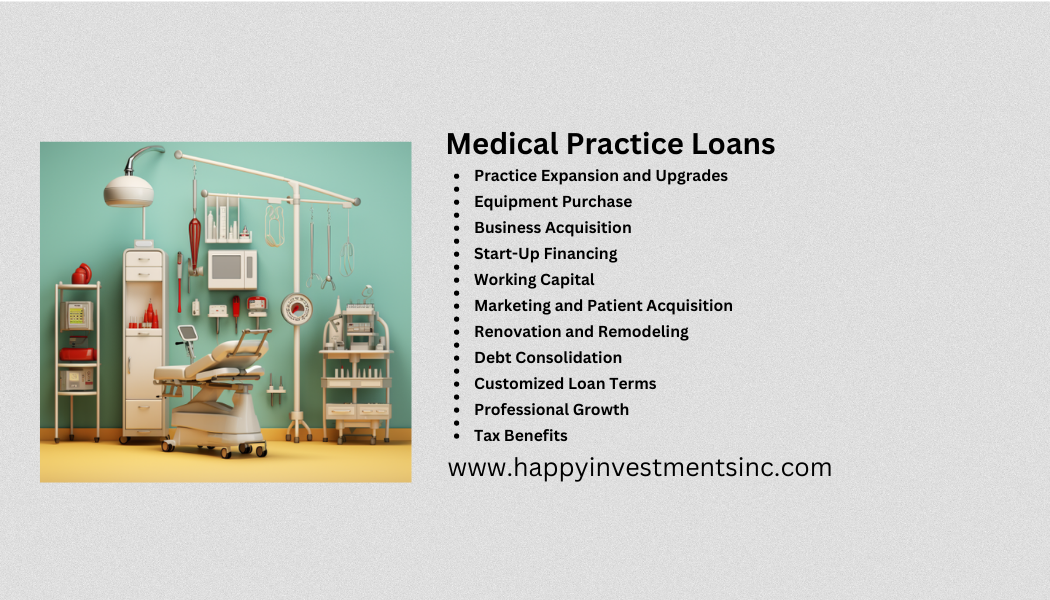 Commercial Real Estate Loans are monetary instruments designed to supply financing for numerous types of industrial property acquisitions, advancements, and renovations. These loans are generally protected by the residential or commercial property itself and are a vital resource for organizations and investors looking to expand or enhance their realty holdings. Various kinds of Commercial Real Estate Loans consist of:
Commercial Real Estate Loans are monetary instruments designed to supply financing for numerous types of industrial property acquisitions, advancements, and renovations. These loans are generally protected by the residential or commercial property itself and are a vital resource for organizations and investors looking to expand or enhance their realty holdings. Various kinds of Commercial Real Estate Loans consist of:
- Traditional Commercial Mortgages: These loans function similarly to property home mortgages, where the borrower gets a lump sum in advance and pays back the loan quantity along with interest over a specified duration. They are commonly utilized for acquiring or refinancing properties such as office buildings, retail centers, and warehouses.
- SBA 7( a) Loans: Offered by the Small Business Administration (SBA), these loans supply financing to small companies for real estate acquisitions, construction, or refinancing. They typically feature beneficial terms and lower down payment requirements.
- Commercial Construction Loans: These loans are developed to fund the construction of new industrial properties or major renovations of existing ones. The funds are disbursed in phases as the construction progresses.
- Bridge Loans: Bridge loans provide short-term funding to bridge the space between instant financing needs and longer-term financing options. They are typically used for time-sensitive transactions or when a property needs remodellings prior to it can receive irreversible financing.
- Commercial Equity Loans: Also called equity credit lines, these loans permit property owners to take advantage of their property’s equity to money various organization needs, such as growth, working capital, or enhancements.
- CMBS Loans (Commercial Mortgage-Backed Securities): These loans include product packaging a pool of commercial real estate loans into securities that are sold to financiers. The income created from the hidden loans serves as security for the securities.
- Hard Money Loans: These are short-term, high-interest loans typically utilized by real estate investors for quick acquisitions or to capitalize on time-sensitive opportunities.
- Mezzanine Loans: Mezzanine funding sits between senior debt and equity in a capital stack. It’s a method to secure extra funds utilizing the property as collateral, typically used for development tasks.
- HUD/FHA Loans: Provided by the U.S. Department of Housing and Urban Development (HUD), these loans offer financing for multifamily homes, health care facilities, and other kinds of commercial real estate jobs.
- Owner-Occupied Commercial Real Estate Loans: These loans are customized for organizations that mean to inhabit the majority of the residential or commercial property they purchase. They often come with favorable terms and lower down payment requirements.
Each type of Commercial Real Estate Loan serves various purposes and comes with varying terms, interest rates, and eligibility criteria, enabling companies and investors to select the funding alternative that best aligns with their requirements and goals.

 Commercial Hard Money loans are a type of financing used in property and service endeavors where traditional lending choices might be inaccessible due to the debtor’s credit report or the unconventional nature of the task. These loans are typically protected by the value of the property or property, instead of the borrower’s creditworthiness. Numerous kinds of Commercial Hard Money loans include:
Commercial Hard Money loans are a type of financing used in property and service endeavors where traditional lending choices might be inaccessible due to the debtor’s credit report or the unconventional nature of the task. These loans are typically protected by the value of the property or property, instead of the borrower’s creditworthiness. Numerous kinds of Commercial Hard Money loans include: A Commercial Bridge loan is a kind of short-term financing service developed to bridge the space in between instant capital requirements and more irreversible, long-term financing. It is frequently utilized by companies and investor to seize time-sensitive opportunities, address immediate financial responsibilities, or help with home acquisitions. Commercial Bridge loans provide flexibility and speed, permitting debtors to protect funds rapidly while they work on getting a more conventional and sustainable financing source. There are numerous sort of Commercial Bridge loans tailored to different scenarios:
A Commercial Bridge loan is a kind of short-term financing service developed to bridge the space in between instant capital requirements and more irreversible, long-term financing. It is frequently utilized by companies and investor to seize time-sensitive opportunities, address immediate financial responsibilities, or help with home acquisitions. Commercial Bridge loans provide flexibility and speed, permitting debtors to protect funds rapidly while they work on getting a more conventional and sustainable financing source. There are numerous sort of Commercial Bridge loans tailored to different scenarios:
 The Small Business Administration (SBA) loans are monetary support programs used by the United States federal government to support and promote the development of small businesses. These loans are developed to offer budget-friendly financing alternatives to entrepreneurs and small company owners who might have difficulty obtaining loans through conventional channels due to numerous factors, such as minimal security or credit report. There are a number of types of SBA loans available, each customized to particular business needs:
The Small Business Administration (SBA) loans are monetary support programs used by the United States federal government to support and promote the development of small businesses. These loans are developed to offer budget-friendly financing alternatives to entrepreneurs and small company owners who might have difficulty obtaining loans through conventional channels due to numerous factors, such as minimal security or credit report. There are a number of types of SBA loans available, each customized to particular business needs:










